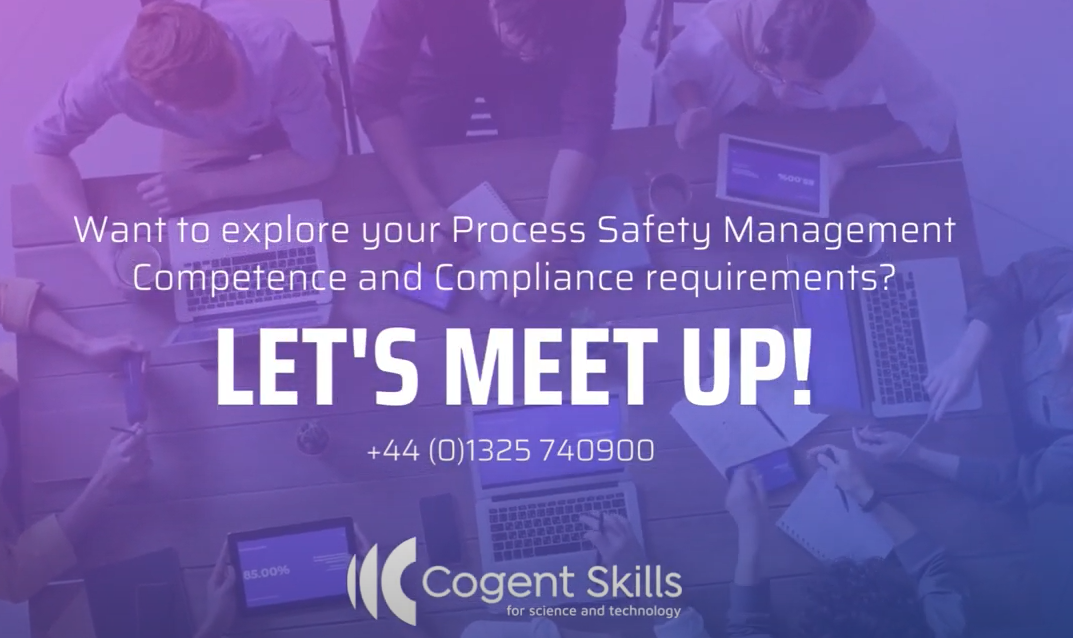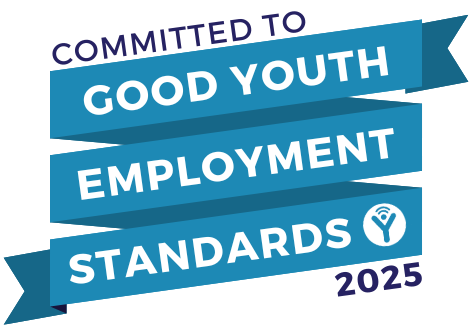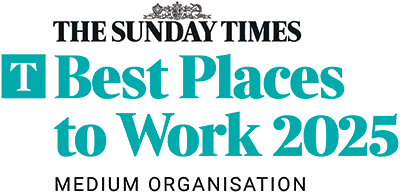PSM is not just for process safety professionals! You could be missing out on something that your peers or competitors have in hand.
Who has the biggest impact on Process Safety in your organisation?
Is it you, as a process safety specialist, is it the operators and shift managers who ensure that manufacturing continues smoothly on a daily basis, the engineers who continually strive for improvements in process integrity, efficiency and effectiveness, or the senior leaders who set the culture and direction of the organisation?
In reality, all of these people and more have a role to play in managing process safety – each has to recognise just how important their influence is on the continued safe operation of an organisation with major hazards – that is, hazards that could lead to a catastrophic incident if released.
Of course, it can be difficult to help people, especially those senior leaders with a non-technical background, to recognise the effects that their decisions can have on process safety.
In the regulator’s view, from their experience of meeting with non-technical senior leaders, it is crucial not to use the sort of niche, technical terms that you might freely exchange with your peers. If your audience doesn’t understand the jargon that you’re using, then frankly the discussion will be useless to them.
This isn’t the time to be getting out your Swiss Cheese model. You need to tailor your message in non-technical language.
I hope this article finds its way into the hands of senior business leaders, and if you are looking at ways to get their attention, I would urge you to pop it into your bosses’ inboxes.
There’s still more to do….
Board level leaders could benefit from new insight from Matt Lea, HSE’s HM Principal Inspector of Health & Safety, Chemical, Explosives and Microbiological Hazards Division. Matt recently shared the following 2019 -2022 major hazard leadership inspection intervention findings:
- Major Hazard Leadership needs to be clearly defined and written into every Director’s job description.
- Process Safety Management representation is needed at Board Level and be accountable for process safety performance. To understand how the decisions made at board level can impact upon safety, both now and into the future.
- During COMAH[1] site inspections, some senior leaders just weren’t visible – a cause for concern for the HSE, who want reassurance that senior leaders know what’s going on at their sites and that they understand their major hazards and external factors, which may be influencing performance.
[1] COMAH – control of major accident hazards is UK legislation with equivalents in other jurisdictions such as Seveso Directive in EU, OSHA PSM in US, MHF regulations in Australia, MAH rules in India etc.
If you are adapting to Net Zero change within your COMAH or high hazard business, you should review your workforce competence management systems to make sure you keep pace with change.
Net Zero carbon emissions changes can cause risks to worker safety, nearby community and the environment. Are your existing systems fit for purpose?
If you are planning to re-purpose, mothball, decommission or introduce new assets you must ensure standards of compliance are maintained.
Any business who is adopting to unfamiliar new technologies such as Carbon Capture or Hydrogen use as an energy source, should give careful thought to understand the risks and potential impact on your existing safety arrangements.
Max Walker. HSE. Head of Onshore Chemicals Strategy. Chemicals, Explosives & Microbiological Hazards Division
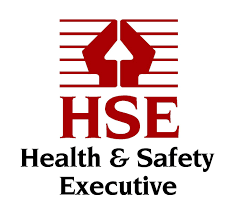
About Process Safety
If this article has found its way to you and you’re a non-technical reader then it’s important to clarify that by ‘process safety’ we mean the way in which catastrophic incident risks are managed and controlled, rather than risks to occupational or personal safety.
To be clear, we’re not talking about systems to prevent slips, trips or falls but rather much larger incidents that not only harm health but can cause multiple fatalities, as well as huge environmental, financial, and reputational damage.
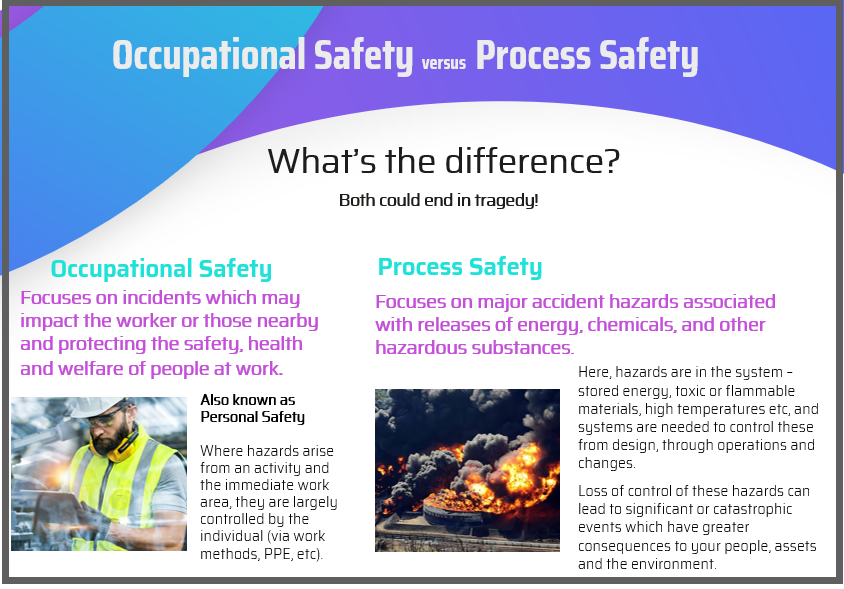
The measures your business needs to contain such hazards in a controlled way can be equally complex as the processes no matter what the scale – it is not just a problem for those with regulated quantities. This requires a systematic approach to managing risk, based on having several layers of protection to guard against each process risk, along with robust emergency arrangements in case the worst does happen.
Senior leaders need to recognise how important their influence is on the safe running of hazardous processes or the execution of a major project, whether the activity is located on their doorstep, or on the other side of the world.
It’s essential to prioritise process safety education.
You could be missing out on something that your peers or competitors have in hand.
Richard Roff. CEng FIMechE MIChemE Professional Process Safety Engineer
Chair. Process Safety Management Competence Programme Board
It might not be immediately obvious, for example, what effect reducing the number of maintenance hours, or extending the frequency of inspections of critical process plant or delaying maintenance shutdowns can have on the safety of a plant, but the future consequences can be extreme.
The need for this recognition from the Board becomes especially pertinent if you reflect on the investigations into a number of high-profile accidents such as the explosions and fires at the Texas City, US oil refinery and the Buncefield, UK fuel storage depot, which identified various technical failings, but importantly, how shortcomings in leadership by senior executives contributed to the incidents.
Addressing these shortcomings is not easy; it is straightforward enough to focus on any number of training courses available for engineers, it can be much harder getting the attention of senior leaders of major hazard organisations; despite the fact that understanding the risk from a major accident is just as important as understanding every other type of business risk, if not more so.
The good news is that in 2010, industry and the Competent Authority joined together to form the Process Safety Management Competence Programme (PSMCP) Board, with its main aim being to establish and maintain industry Process Safety Management (PSM) training and standards – providing ongoing direction to keep Major Accident Hazard sites safe and responsibly manage their process risks.
The PSMCP Board (see right for more information) developed training standards, which are recognised by the regulators as listed in this HSE COMAH guidance document. Courses meeting these standards are delivered exclusively by Cogent Skills on behalf of the PSMCP Board. They provide process safety management guidance for all organisational levels from front-line operators to the Chief Executive.
For leaders, the PSMCP Board’s prime offering is a two-day programme, Process Safety Leadership (PSL) for Senior Executives. The benefits of this training are clear:
- It is dedicated and tailored to senior executives and provides a means for them to become more effective process safety management leaders.
- It puts PSM, and other risks into the same context – enabling better critical business decisions to be made .
- It sets a clear, repeatable and testable standard for delivering training.
- It is drawn up by industry for industry with the regulator’s input.
- It is delivered by accredited, subject matter expert training providers.
Since the PSM training standards were first developed in 2011, feedback received is that they are ground-breaking pieces of work, which have filled a training gap for senior leaders and have proven to be appropriate for all executive boards, no matter what size the company or where in the world they are located.
During the initial 2012 PSM Summit, Dame Judith Hackitt, former HSE Chair, speaking of the PSL training standard, stated:
This training standard addresses an issue that was holding back companies from making progress with improving safety leadership on the ground.
Having completed this training, senior executives will be competent to take a much more visible role in leading their organisation and will be better placed to take integrated consideration of major hazard risks as an essential part of key business decisions.
Dame Judith Hackitt. former Chair. UK Health and Safety Executive
Global Governance for Process Safety
In 2012 regulatory bodies, UK and international industry representatives and trade associations with the Organisation for Economic Co-operation and Development (OECD), produced guidelines for corporate governance for process safety.

These guidelines focus on helping chief executives and senior leaders to benchmark their business against industry, recognise their impact upon process safety and are designed to be readily adopted within existing corporate governance programmes such as Responsible Care. It can be used as a standalone set of principles by major hazard organisations, or organisations such as Cogent Skills can benchmark your organisation against them.
PSM is not just for process safety professionals! All business leaders should embrace the PSM training programme – to ensure the safety of their people, assets and the environment.
It’s for those with legal, financial, human resources, operational, technical and commercial responsibilities. A major incident can affect your financial performance, business reputation, credibility within workforce and local communities plus you ‘License to Operate’.
Stephen Elliott. Chief Executive. Chemical Industries Association (CIA)
We hope this has been useful for you and your colleagues.
Useful links
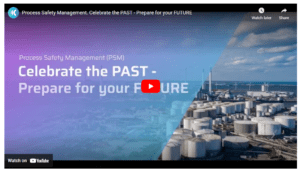
- About the Process Safety Management Competence Programme Board
- Process Safety Management (PSM) Guidance and Training Standards
- Process Safety Leadership for Senior Executives
- Celebrate the PAST – Prepare for your FUTURE. A film celebrating some of the 20,000 PSM Champions, including future preparedness requirements key messages from some key industry Leaders and COMAH Regulators who sit on the PSM Competence Programme Board.
How Cogent Skills is different
- Initiator, facilitator and voice of the Process Safety Management Competence Programme Board – developers of the PSM Guidance and Training Standards
- Recognised PSM skills body for Competence in Process Safety Leadership, Management and Operations, in the HSE COMAH Guidance Publication
- Custodian of the Process Safety Management industry training standards, as listed in the HSE Publication: ‘Understanding COMAH: The Performance and Recognition Framework‘ (Page 11, section 54D)
- The sole training delivery partner for the PSM CP Board’s PSM Guidance and Training Standards
- Main Skills Body for Competence
- Owner of the published Competency Management System Guidelines for COMAH Sites.
If you have any questions, would like to discuss your competence and compliance requirements and understand which of our solutions will be best for your needs – LET’S MEET!
Call us on +44 (0) 1325 740900 or complete this form, to arrange your FREE 30-minute discovery and diagnostics session with one of our Process Safety subject matter experts.
